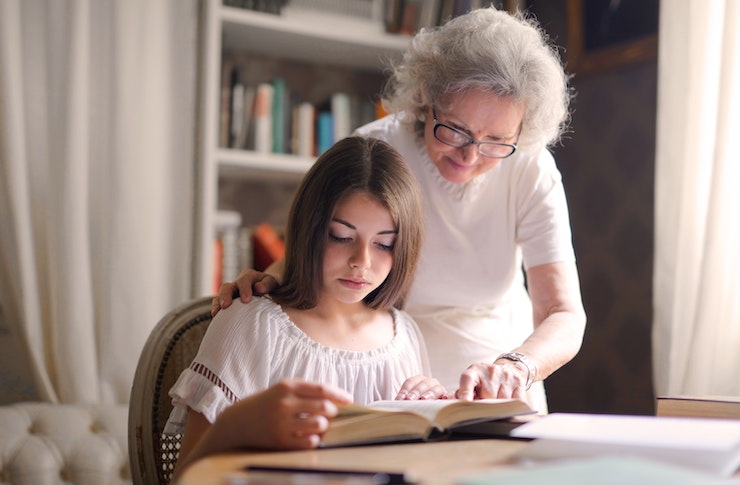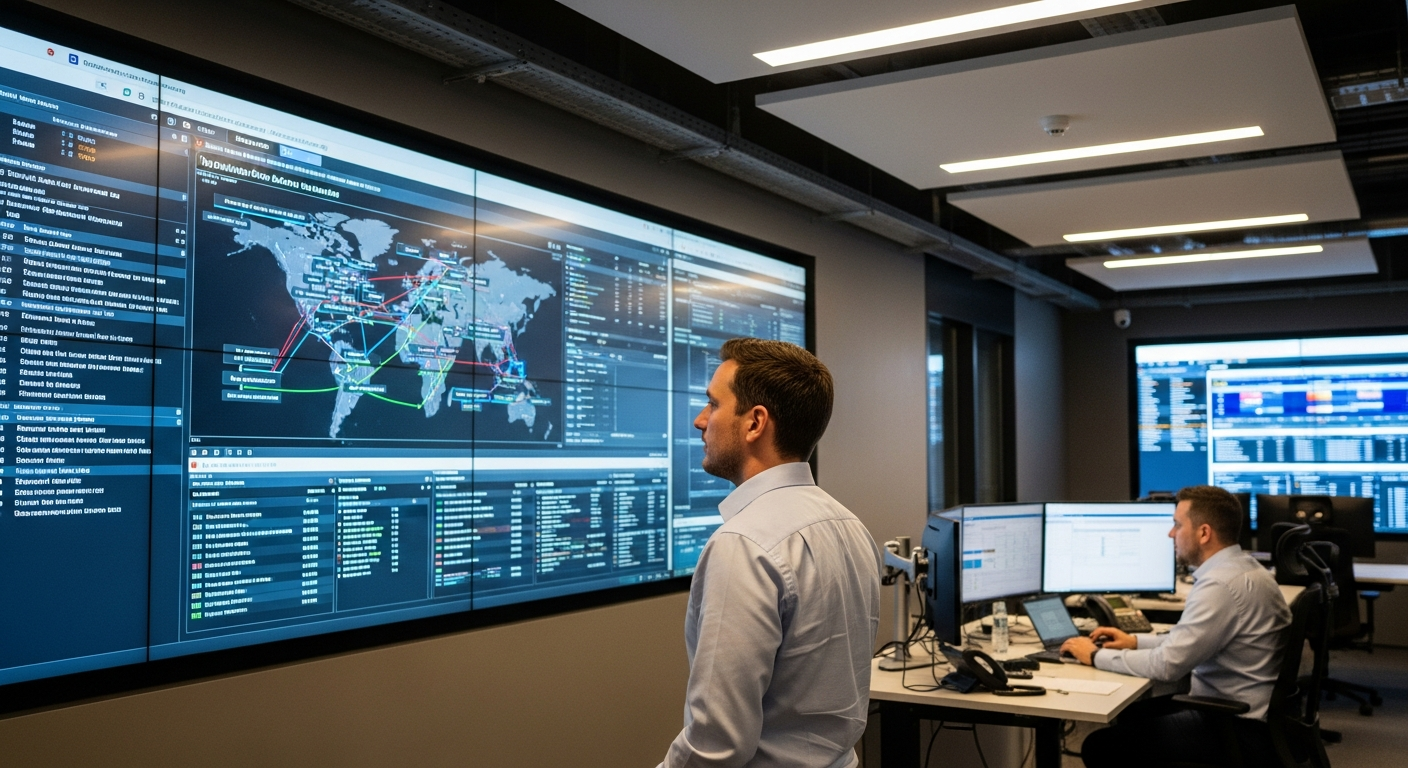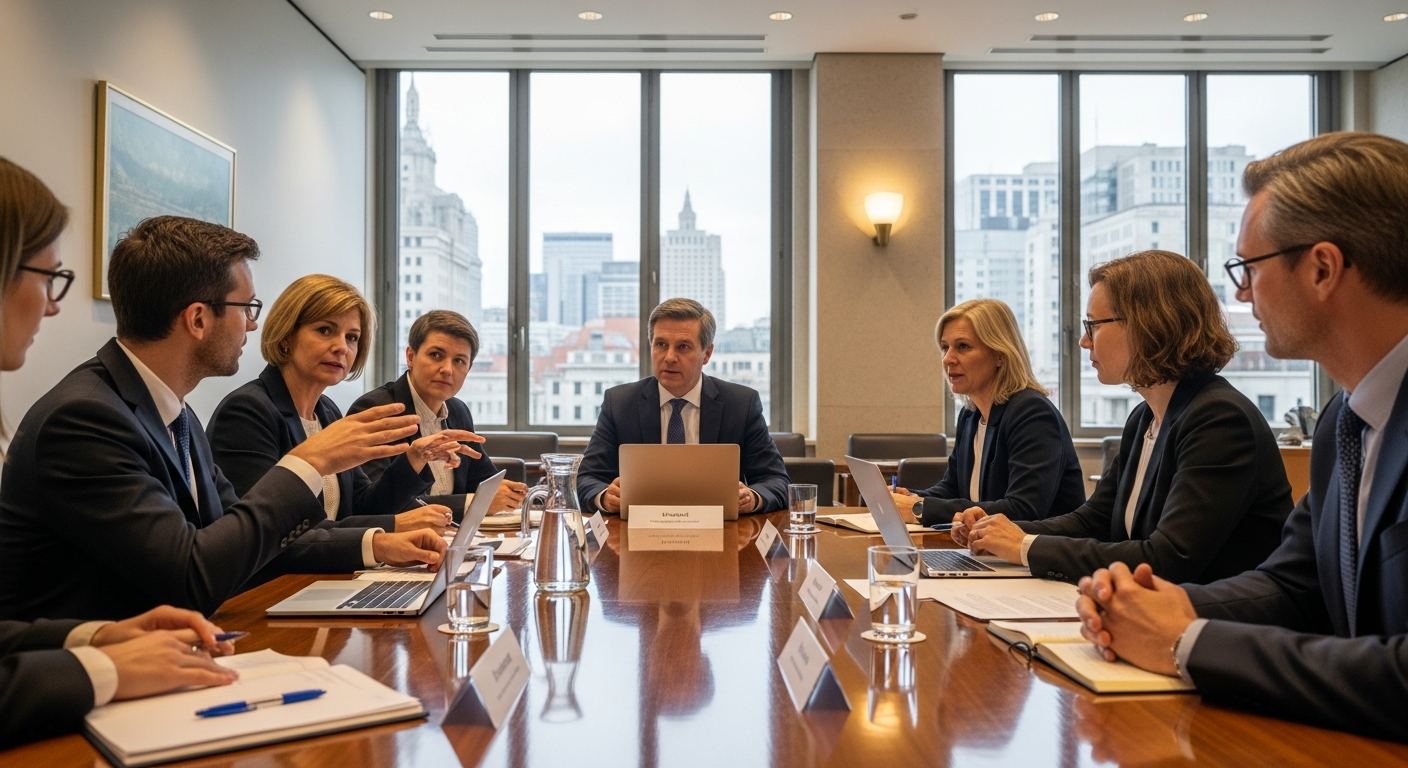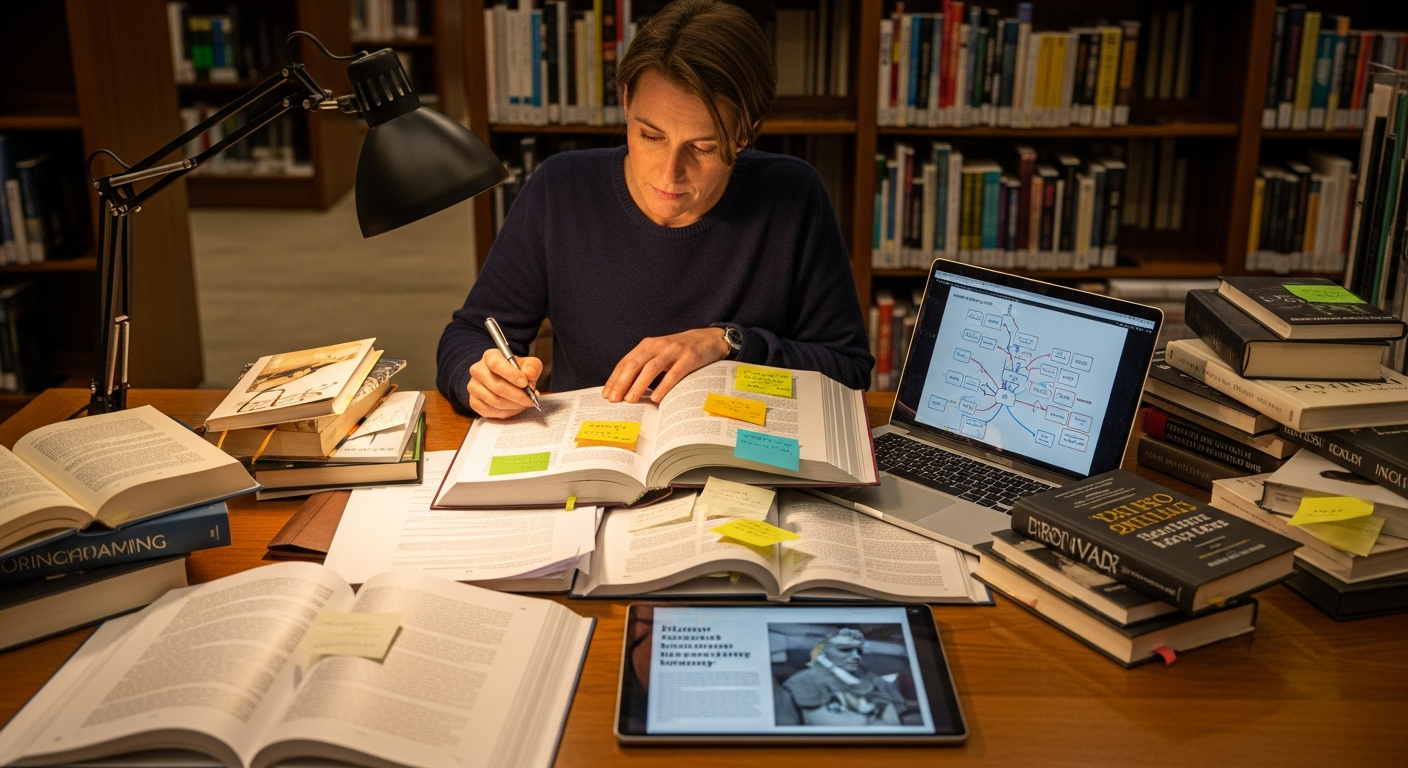Intergenerational Knowledge Transfer in the Digital Age
In an era of rapid technological advancement, the dynamics of sharing wisdom across generations are evolving. Traditional methods of passing down knowledge are being reshaped by digital platforms, creating new opportunities and challenges. How are different age groups navigating this shift, and what does it mean for the future of collective learning? Read below to explore the fascinating intersection of age-old wisdom and modern technology.

Digital Platforms as Knowledge Bridges
The rise of social media, online forums, and educational technology has created unprecedented opportunities for intergenerational exchange. Platforms like YouTube and TikTok have become unexpected repositories of knowledge, where users of all ages share skills ranging from knitting to coding. Grandparents are learning about cryptocurrency from their tech-savvy grandchildren, while younger generations are rediscovering traditional crafts through online tutorials created by older artisans.
Challenges in the Digital Knowledge Exchange
Despite the potential for enhanced connectivity, the digital divide remains a significant hurdle. Many older adults struggle with technology adoption, potentially excluding them from these new knowledge-sharing ecosystems. Conversely, younger generations may miss out on valuable face-to-face interactions and hands-on learning experiences. The challenge lies in bridging this gap to ensure that wisdom flows freely across generational lines.
The Rise of Digital Mentorship Programs
Innovative initiatives are emerging to address these challenges. Digital mentorship programs pair tech-savvy youth with older adults, fostering mutual learning. Young people gain insights from their mentors life experiences, while older participants develop digital literacy skills. These programs not only facilitate knowledge transfer but also build intergenerational relationships, combating age-related stereotypes and social isolation.
Preserving Cultural Heritage in the Digital Realm
As traditional knowledge keepers age, there is a growing urgency to digitize and preserve cultural heritage. Many indigenous communities are leveraging technology to record oral histories, traditional languages, and ancestral practices. Virtual reality and augmented reality technologies are being used to create immersive experiences that allow younger generations to engage with their heritage in new and exciting ways.
The Impact on Family Dynamics
The digital revolution is reshaping family relationships and communication patterns. While technology can sometimes create barriers, with family members engrossed in their devices during gatherings, it also offers new avenues for connection. Grandparents are using video calls to read bedtime stories to their grandchildren across vast distances, and families are creating private social media groups to share daily experiences and maintain closeness despite geographical separation.
Redefining Expertise in the Information Age
The democratization of information through digital platforms is challenging traditional notions of expertise. Young people with specialized knowledge in emerging fields like artificial intelligence or sustainable technologies are increasingly valued for their insights. This shift is creating a more reciprocal model of intergenerational learning, where knowledge flows in multiple directions rather than just from old to young.
The Future of Intergenerational Learning
As we look to the future, the potential for intergenerational knowledge transfer is boundless. Virtual and augmented reality technologies may soon allow for immersive historical reenactments, where younger generations can step into the shoes of their ancestors. Artificial intelligence could play a role in preserving and disseminating the collective wisdom of humanity, ensuring that valuable knowledge is not lost with the passing of generations.
Nurturing a Culture of Lifelong Learning
The digital age demands a shift towards lifelong learning for all generations. Educational institutions and workplaces are increasingly recognizing the value of intergenerational teams and learning environments. By fostering a culture that values diverse perspectives and encourages continuous skill development, society can harness the full potential of intergenerational knowledge transfer in the digital era.
Bridging Generations in the Digital Landscape
As we navigate the complexities of intergenerational knowledge transfer in the digital age, it is clear that both challenges and opportunities abound. By embracing technology while preserving the essence of human connection, we can create a rich tapestry of shared wisdom that spans generations. The key lies in fostering mutual respect, curiosity, and openness to learning from one another, regardless of age or technological proficiency. In doing so, we ensure that the wealth of human knowledge continues to grow and evolve, benefiting all members of society in our increasingly interconnected world.






